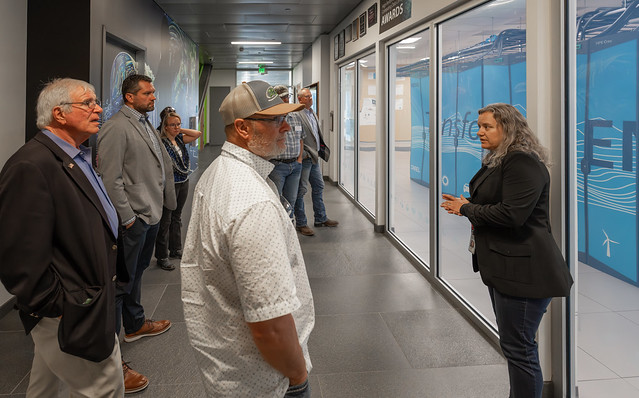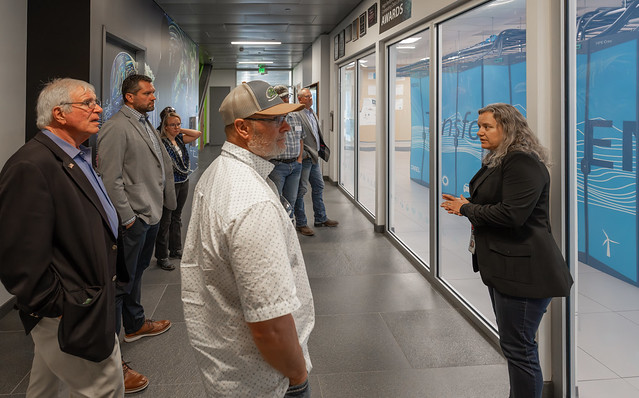The Importance of Energy Storage Systems
Energy storage systems play a crucial role in our modern society, providing efficient and reliable power solutions for various applications. With the increasing demand for renewable energy sources, such as solar and wind power, it has become essential to have effective methods of storing Energy storage system this energy for use when needed. In this article, we will explore different types of energy storage systems and their manufact lifepo4 rechargeable battery uring processes, characteristics, advantages, usage methods, how to select the right product, and draw conclusions on their importance.
One type of energy storage system is thermal energy storage (TES). TES involves using heat or cold to store energy in materials like water or molten salts. The stored thermal energy can then be used later to generate electricity or provide heating or co Flywheel energy storage oling services. This method allows for efficient utilization of excess heat generated from industrial processes or renewable sources during periods of low demand.
Electric energy storage (EES) is another essential technology that plays a vital role in balancing the electrical grid. EES systems include batteries that store electricity chemically and supercapacitors that store it electrically. These devices are designed to efficiently capture excess electricity during times of low demand and release it when demand surpasses supply.
Flywheel energy storage (FES) uses the principle of kinetic motion to store mechanical energy generated by spinning a cy Energy storage system lindrical rotor at high speeds within a vacuum enclosure. When there is an imbalance between electricity generation and consumption, FES converts electrical power into rotational kinetic motion which can be converted back into electricity when needed.
Battery storage systems are perhaps the most widely used means of porta Energy storage system ble power today due to their convenience and efficiency. They involve using rechargeable lithium batteries such as LiFePO4 batteries that offer long cycle life while maintaining high-energy density. These systems can range from small-scale applications like mobile phones or laptops up to larger installations like residential or commercial units.
Manufacturing these diverse types of energy storage systems requires advanced technologies and expertise. Thermal energy storage systems involve the design and construction of heat exchangers, tanks, a Electric energy storage nd insulation materials to store thermal energy effectively. Electric energy storage systems require intricate manufacturing processes for battery production, including electrode fabrication, cell assembly, and module integration. Flywheel energy storage systems demand precise engineering for rotor spinning mechanisms and vacuum enclosure designs.
Each type of system has its unique characteristics and advantages. TES provides long-duration storage capabilities suitable for district heating o portable power station r cooling applications by utilizing low-cost materials with high specific heat capacity. EES is highly flexible in terms of discharge duration and power output variation while maintaining rapid response times for grid stabilization. FES offers nearly unlimited charge-disc

harge cycles due to the absence of chemical reactions involved in releasing stored mechanical energy. Battery storage systems are compact, lightweight, scalable, cost-effective solutions ideal for portable applications.
Choosing the right energy storage system depends on various factors like required capacity (kWh), power demands (kW), intended u lithium battery se case scenarios (off-grid vs grid-tied), available space constraints if any, budget considerations as well as factors related to safety standards that may govern their usage.
In conclusion, Energy Storage Systems play a critical role in our quest to transition to renewable sources by enabling efficient utilization of intermittent clean power generation while ensuring stability and reliability on electr Thermal energy storage ical grids worldwide. The diverse range of technologies available allows us to match specific requirements across industries efficiently from residential units up through commercial installations levels by providing scalable cost-effective solutions catering to varied needs
